The draft Law on Special Consumption Tax (amended) proposes to add soft drinks according to Vietnamese Standards with sugar content above 5g/100ml to the list of subjects subject to special consumption tax to protect people's health, as well as following the recommendations of the World Health Organization, the United Nations Children's Fund and the Ministry of Health .
Delegate Thai Quynh Mai Dung contributed comments to the draft Law on Special Consumption Tax.
Commenting on this draft law, delegate Thai Quynh Mai Dung, National Assembly Delegation of Vinh Phuc province, suggested that this proposal should be comprehensively considered, because there are currently many conflicting opinions from State management agencies, the business community, experts as well as consumers.
In the report assessing the impact of this draft law, the drafting agency provided many figures on the rapid increase in the rate of overweight and obesity in children over the past 10 years. However, according to delegate Thai Quynh Mai Dung, it is necessary to put it in the context of the rate of malnutrition, stunting, and underweight in children, especially in mountainous areas of our country, which is still very high.
Even a small increase in the price of this product will make it even more difficult for children here who already have little opportunity to drink soft drinks to access these items. Meanwhile, an increase in the special consumption tax may not reduce the consumption of sugary soft drinks among children in urban areas, because the difference in price before and after the tax compared to the average income per capita in this area is insignificant.
Analyzing the impact of this proposal on budget revenue, delegate Thai Quynh Mai Dung cited a report assessing the economic impact of special consumption tax on sugary soft drinks conducted by the Central Institute for Economic Management and published in October 2024.
Accordingly, if a special consumption tax rate of 10% is applied to soft drinks, budget revenue from the second year onwards will decrease by about VND4,978 billion each year from indirect taxes, not to mention the corresponding decrease from direct taxes.
In addition, the report also pointed out that this tax policy will not only directly impact the beverage industry but also have a spillover effect on 25 industries in the economy and lead to a decrease of nearly 0.5% of GDP, equivalent to VND 42,570 billion.
Therefore, the Central Institute for Economic Management proposed not to apply special consumption tax on sugary soft drinks.
Looking at international experience, delegates also found that many countries that apply special consumption tax on sugary soft drinks also apply tax on drinking water - a product that the World Health Organization encourages consumption. That is, not all countries apply this tax policy for health purposes, but simply put all types of drinks under the tax.
Due to the many different opinions on the effectiveness, health and economic impacts of the proposal to add sugary soft drinks to the list of special consumption tax, delegate Thai Quynh Mai Dung suggested that the drafting agency continue to conduct further research and not include this product with many different opinions in the law. At the same time, research and implement appropriate measures to control overweight, obesity and other non-communicable diseases.
Thieu Vu
Source: https://baovinhphuc.com.vn/tin-tuc/Id/120362/Dai-bieu-Thai-Quynh-Mai-Dung-Chua-dua-vao-luat-mat-hang-con-nhieu-y-kien-khac-nhau


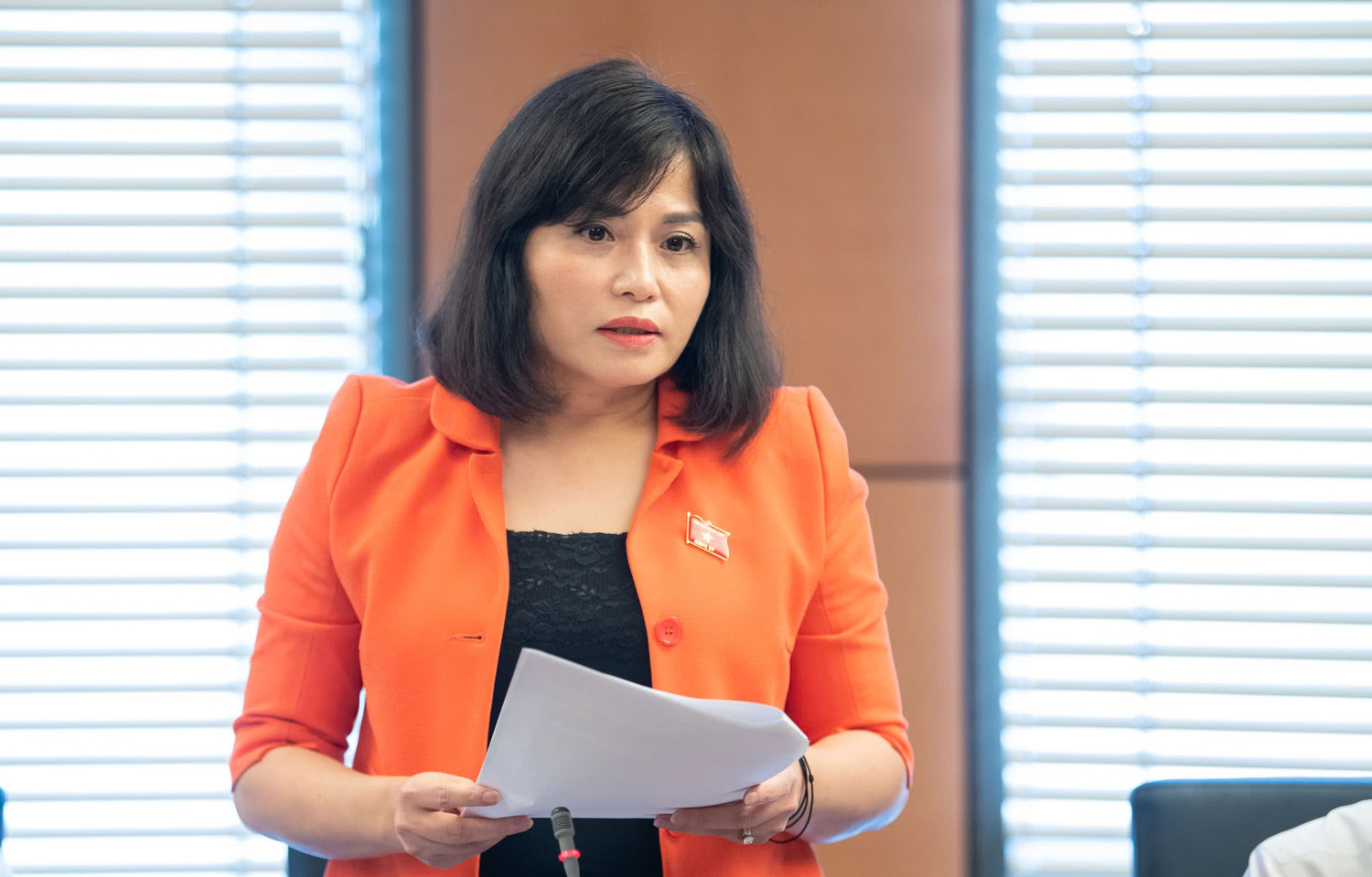
![[Photo] Prime Minister Pham Minh Chinh chairs the national online conference on combating smuggling, production and trade of counterfeit goods.](https://vphoto.vietnam.vn/thumb/1200x675/vietnam/resource/IMAGE/2025/6/23/4a682a11bb5c47d5ba84d8c5037df029)


![[Photo] Prime Minister Pham Minh Chinh holds meeting to launch exhibition of national achievements to celebrate 80th National Day](https://vphoto.vietnam.vn/thumb/1200x675/vietnam/resource/IMAGE/2025/6/23/0c0c37481bc64a9ab31b887dcff81e40)





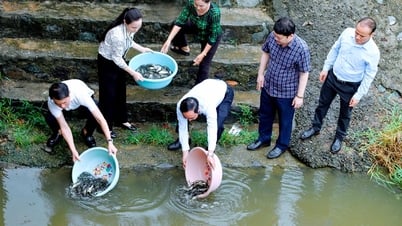


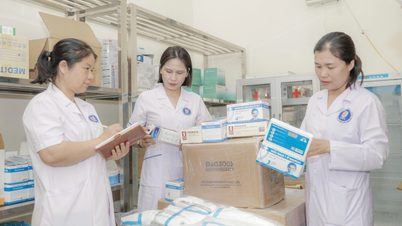










![[Photo] Party Congress of the Central Internal Affairs Commission for the 2025-2030 term](https://vphoto.vietnam.vn/thumb/1200x675/vietnam/resource/IMAGE/2025/6/23/5bf03821e6dd461d9ba2fd0c9a08037b)













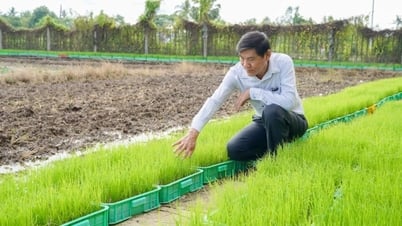











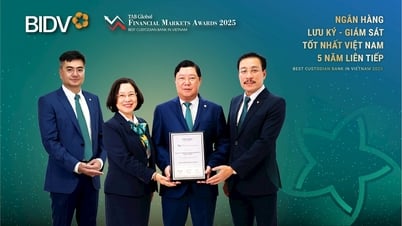

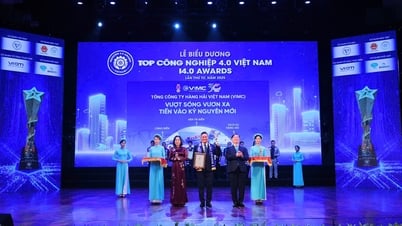

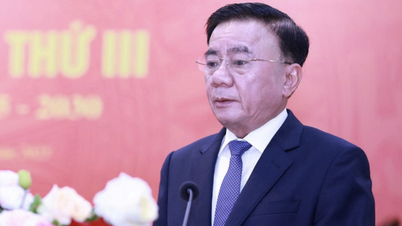

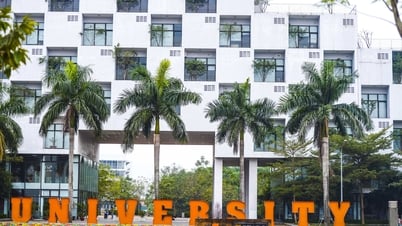


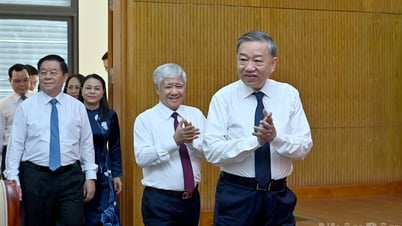


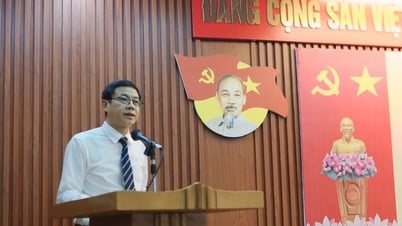

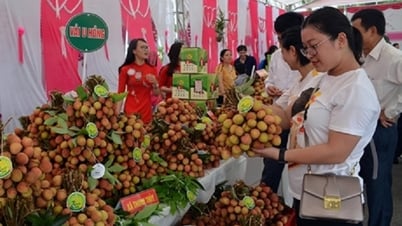

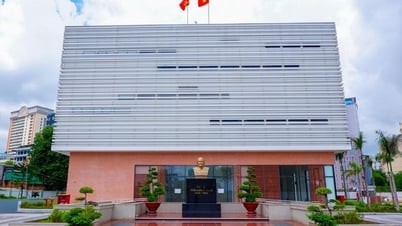



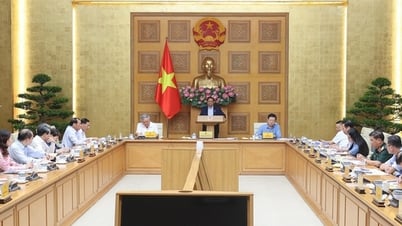
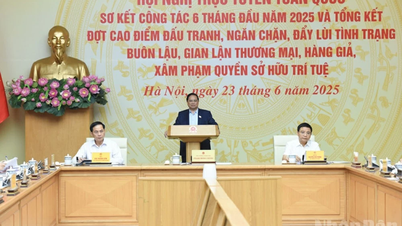



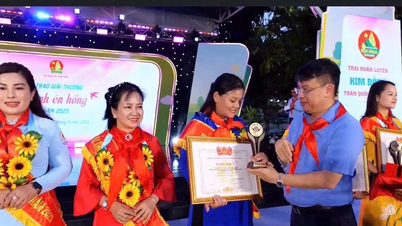





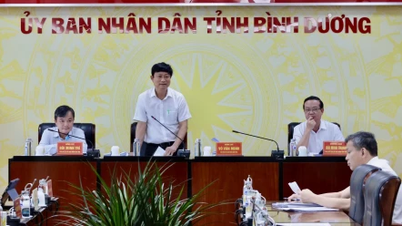













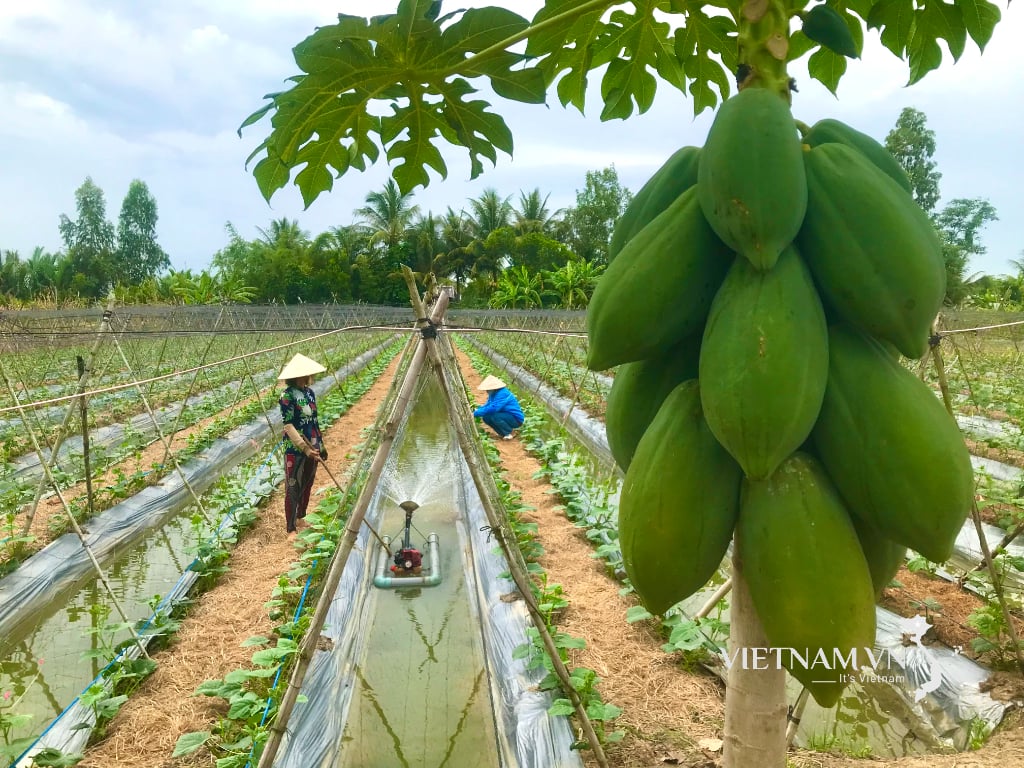

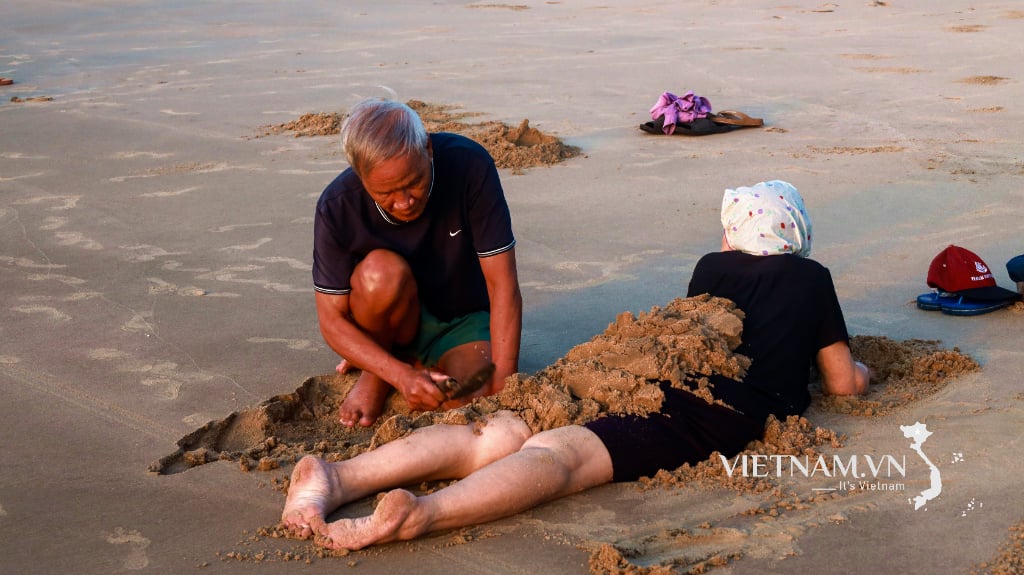
Comment (0)